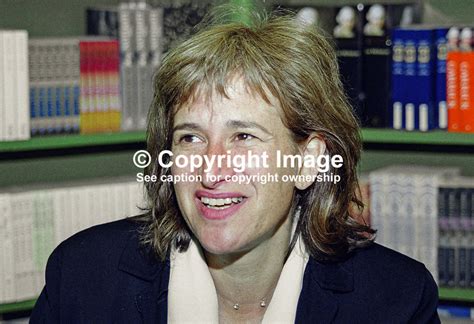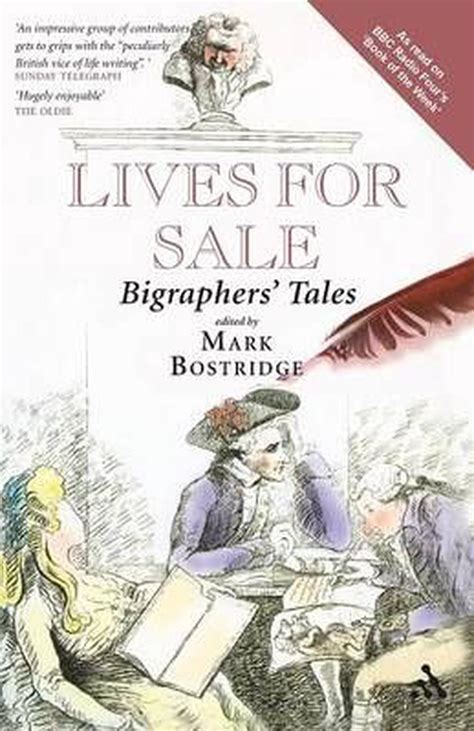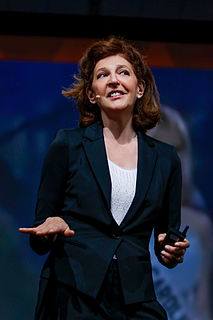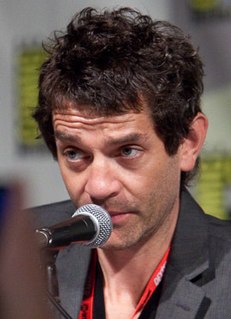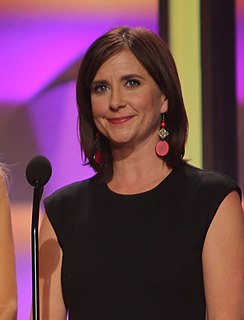A Quote by Melissa Bank
I live by Edith Wharton's rule to get rid of anything neither useful nor beautiful. So I put the TV out on the street.
Related Quotes
Edith Wharton was a natural story-teller. As plots do in real life, hers flow directly from character. Her prose is so effortlessly elegant that you're rarely aware as they purl by that the sentences are so pretty. More concerned with what is put than how it is put, she also understood that you only say anything at all when you say it well.
This is a glorious biography ... The time is ripe for a new biography of Edith Wharton of this intimacy and on this scale ... Lee the biographer pursues her subject down every winding corridor, into every hidden passage and dark corner ... Her critical exploration of Edith Whartons work is dazzlingly assured ... A feat of exhaustive research, and finely tuned to Whartons creative achievement at the same time ... [Wharton] could scarcely have failed to be impressed by ... its artistic sympathy, its sonorous depths, and its soaring conception.
I could not become anything; neither good nor bad; neither a scoundrel nor an honest man; neither a hero nor an insect. And now I am eking out my days in my corner, taunting myself with the bitter and entirely useless consolation that an intelligent man cannot seriously become anything, that only a fool can become something.
Simplicity in its essence demands neither a vow of poverty nor a life of rural homesteading. As an ethic of self-conscious material moderation, it can be practiced in cities and suburbs, townhouses and condominiums. It requires neither a log cabin nor a hairshirt but a deliberate ordering of priorities so as to distinguish between the necessary and superfluous, useful and wasteful, beautiful and vulgar.
Where there is Love and Wisdom, there is neither Fear nor Ignorance.
Where there is Patience and Humility, there is neither Anger nor Annoyance.
Where there is Poverty and Joy, there is neither Cupidity nor Avarice.
Where there is Peace and Contemplation, there is neither Care nor Restlessness.
Where there is the Fear of God to guard the dwelling, there no enemy can enter.
Where there is Mercy and Prudence, there is neither Excess nor Harshness.
